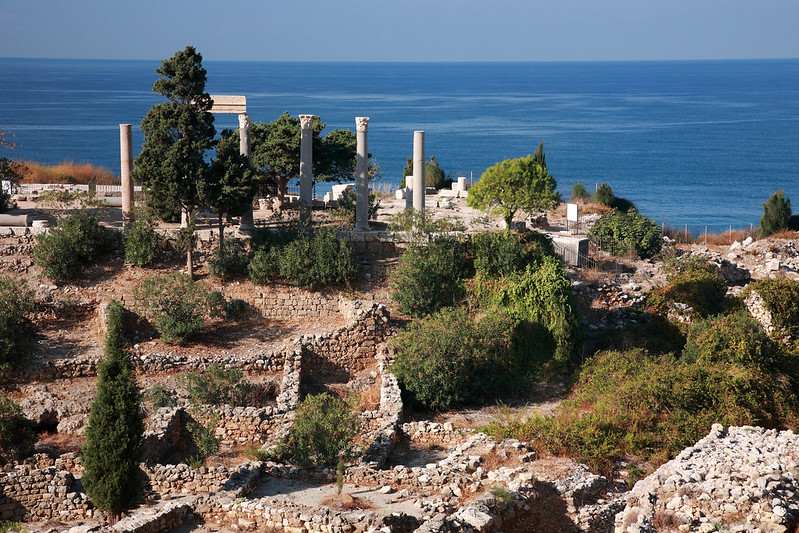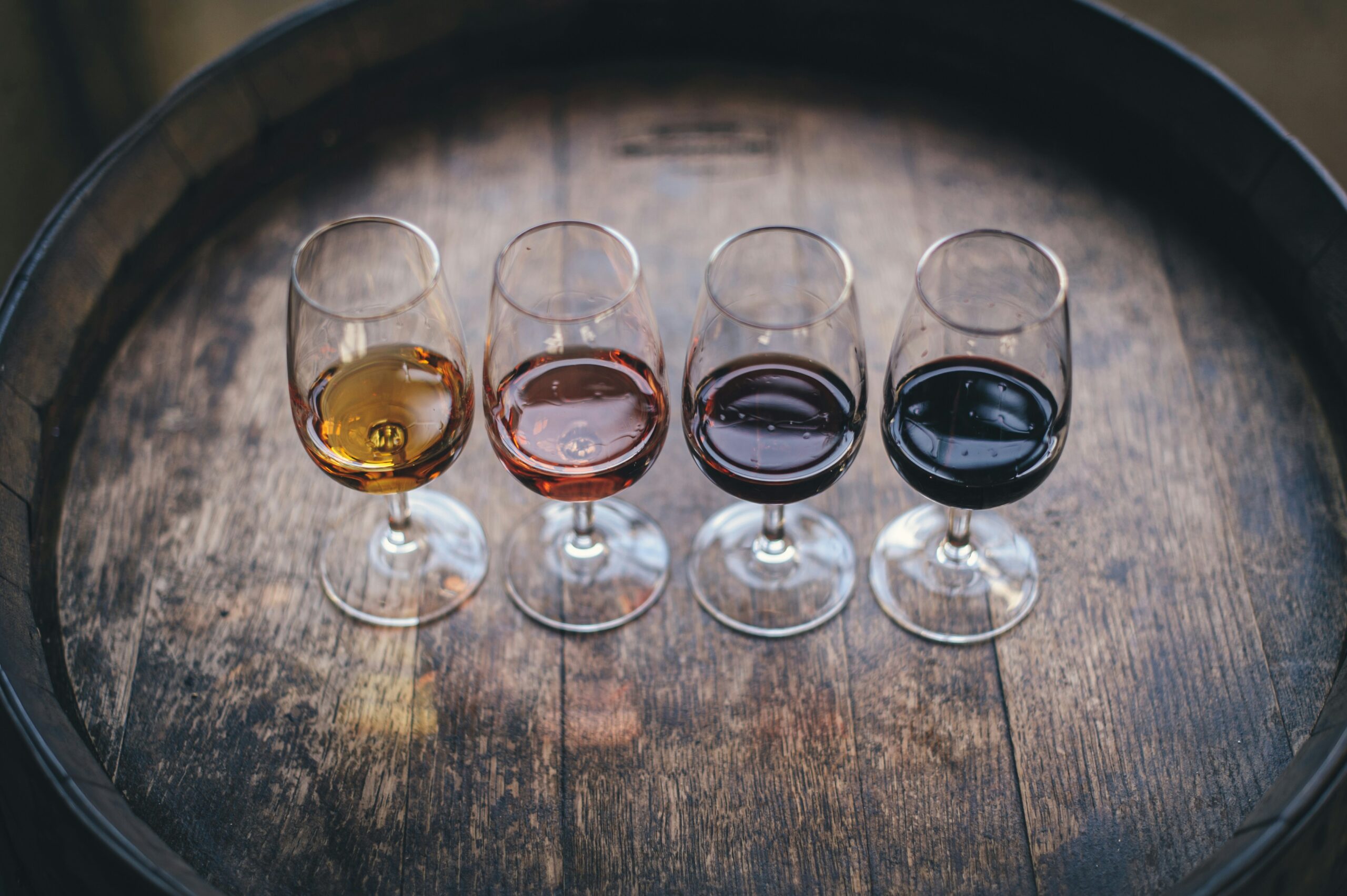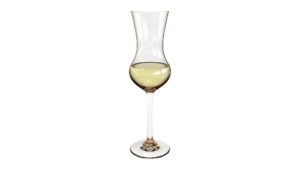Lebanon, a land steeped in history and culture, is home to a vibrant and growing wine industry that dates back thousands of years. Known for its stunning landscapes, ancient vineyards, and a perfect climate for winemaking, Lebanon’s wines are quickly gaining recognition on the global stage. Whether you are a wine enthusiast or a beginner, Lebanese wines offer a unique and unforgettable experience that you shouldn’t miss. In this blog, we’ll take a deep dive into Lebanese wines, exploring their history, varieties, and what makes them special.
The History of Lebanese Wines
Lebanon’s wine tradition is one of the oldest in the world. In fact, the Phoenicians, who lived in what is now Lebanon, are believed to have been among the first people to cultivate vines and produce wine. Evidence of winemaking has been found in archeological sites that date back over 5,000 years, highlighting the deep-rooted connection between Lebanon and wine.

Lebanon’s winemaking heritage continued to flourish through various civilizations, including the Romans, who introduced advanced viticulture techniques. In modern times, Lebanese wines experienced a revival in the late 19th century, with the arrival of French missionaries who helped to reintroduce viticulture in the country. Today, Lebanon is home to a diverse range of wineries, many of which are producing wines that rival some of the best in the world.
The Lebanese Wine Regions
Lebanon’s wine-producing regions are spread across the country, each offering a distinct terroir that influences the character of the wines. The main wine-growing regions are:
The Bekaa Valley: The heart of Lebanese winemaking, located between the Mount Lebanon and Anti-Lebanon mountain ranges. The Bekaa Valley’s climate is ideal for grape growing, with warm summers and cool winters, and it is home to some of the most famous and oldest wineries in Lebanon. The valley’s soil is rich in minerals, providing the perfect foundation for high-quality wines.
The Mount Lebanon Range: This region, with its higher altitude and cooler temperatures, is known for producing elegant red wines with good acidity and complexity. The slopes of Mount Lebanon are dotted with vineyards that benefit from the higher elevation and unique microclimates.
The North and South Regions: Although smaller in production, these areas contribute to the diversity of Lebanese wines. Vineyards along the Mediterranean coast also benefit from the temperate climate, allowing for the cultivation of aromatic white and red grape varieties.
Grape Varieties Used in Lebanese Wines
Lebanese wineries produce wines from both indigenous and international grape varieties. The most common grape varieties grown in Lebanon include:
- Red Grapes:
- Cinsault: A historically significant grape in Lebanon, Cinsault is known for producing light, aromatic red wines with soft tannins. It’s often used in blends to add finesse and complexity.
- Syrah: This French grape variety thrives in Lebanon’s climate and produces bold, full-bodied wines with rich flavors of dark fruit, spice, and pepper.
- Cabernet Sauvignon: A popular international variety, Cabernet Sauvignon in Lebanon produces wines with intense flavors, deep color, and aging potential. It’s often used in blends but also made as a single varietal.
- Merlot: Known for its smoothness and roundness, Merlot in Lebanon creates wines with velvety tannins and rich fruit flavors.
White Grapes:
- Obeideh: Often compared to Chardonnay, Obeideh is a native Lebanese grape that produces aromatic white wines with a balance of acidity and richness.
- Merwah: Another indigenous white grape variety, Merwah produces wines with crisp acidity, floral aromas, and citrus flavors.
- Chardonnay and Sauvignon Blanc: These international varieties are widely grown in Lebanon and are known for producing refreshing, fruit-forward wines with a good balance of acidity.
Why Lebanese Wines Are Special
Lebanese wines stand out for several reasons, making them a must-try for wine lovers. Here are some key factors that contribute to their uniqueness:
Rich Terroir: The Bekaa Valley’s fertile soil, coupled with the country’s varied climate and diverse altitudes, provides a rich terroir that produces wines with complexity, depth, and character.
Blending Tradition and Innovation: Lebanese winemakers blend centuries-old winemaking traditions with modern techniques, creating wines that are both timeless and innovative. Many wineries in Lebanon are using organic and biodynamic practices, further enhancing the quality of their wines.
Diverse Wine Styles: Lebanon produces a wide range of wine styles, from rich reds to crisp whites and even rosé. Whether you prefer a full-bodied red or a refreshing white, there’s a Lebanese wine to suit every taste.
Heritage and Authenticity: Drinking Lebanese wine is like sipping on a piece of history. With such a deep cultural connection to winemaking, Lebanese wines offer an authentic and unique experience that reflects the country’s rich heritage.
Top Lebanese Wines to Try
Some of the most renowned Lebanese wineries that produce exceptional wines include:
- Château Musar: Perhaps the most famous Lebanese winery, Château Musar produces world-class wines that are celebrated for their complexity and aging potential.
- Ksara: A pioneering winery in the Bekaa Valley, Ksara is known for its rich, full-bodied reds and elegant whites.
- Massaya: Known for its modern approach to winemaking, Massaya produces vibrant wines with a balance of fruit, spice, and oak.
- Domaine des Tourelles: This winery blends tradition with innovation, creating wines that have earned global recognition for their quality and finesse.
Lebanese wines are a hidden gem in the world of wine, offering a unique combination of ancient tradition, modern innovation, and exceptional quality. Whether you’re an experienced wine connoisseur or a newcomer to the world of wine, Lebanon’s wines promise to deliver an unforgettable experience. So the next time you’re looking for something different, explore the rich and diverse world of Lebanese wines—you might just find your new favorite bottle.






